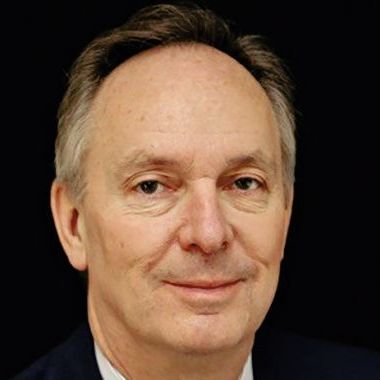Session Title: John Charnley Lecture - Arthroplasty in a 21st Century Vassal State: Outcomes for Patients, Surgeons and Society
Session Description: The John Charnley Lecture: 'Arthroplasty in a 21st Century Vassal State: Outcomes for Patients, Surgeons and Society'.
Who controls the future of joint replacement in Britain? This lecture doesn’t shy away from uncomfortable truths. With sharp commentary and fearless critique, it explores how policy, money, and power are shaping the fate of arthroplasty — and what that means for patients, surgeons, and UK PLC. Expect insights that challenge convention, unsettle the comfortable, and ignite overdue conversations.
If you believe orthopaedics is more than implant selection and registry data, this lecture will speak to you. It’s time to ask who sets the agenda, who should — and what we can do about it.
Chair & Co-Chairs: Matt Wilson
Agenda:
15:30 - 16:00 Arthroplasty in a 21st Century Vassal State: Outcomes for Patients, Surgeons and Society John Timperley
×

Professor John Timperley
Consultant Orthopaedic Surgeon
Prof. John Timperley is an experienced surgeon whose specialist practice now is focused entirely on hip replacement surgery using a tendon-sparing approach (minimally invasive SPAIRE technique) with robotic assistance.
He works in a team that helped develop a hip that is one of the most implanted types of hip replacement in the world and one of the most successful in all national Joint Registries.
John has developed an advanced surgical techniques called SPAIRE which he has used in all cases of primary hip replacement for nearly ten years. This technique involves division (and subsequent repair) of only one small tendon (Saving Piriformis And Internus Repair Externus). The SPAIRE technique allows patients to mobilise without any post-operative restriction to their activities and to return to all activities, without restriction. It is facilitated by robotic assistance.
Professor Timperley has been President of the British Hip Society and has served on the Executive of the British Orthopaedic Association. He was awarded a Ph.D. degree at the University of Oxford and has an Honorary Chair in the College of Engineering, Mathematics and Physical Sciences at the University of Exeter.
